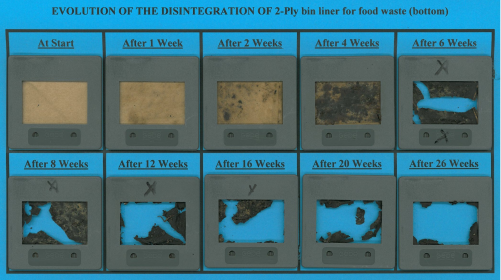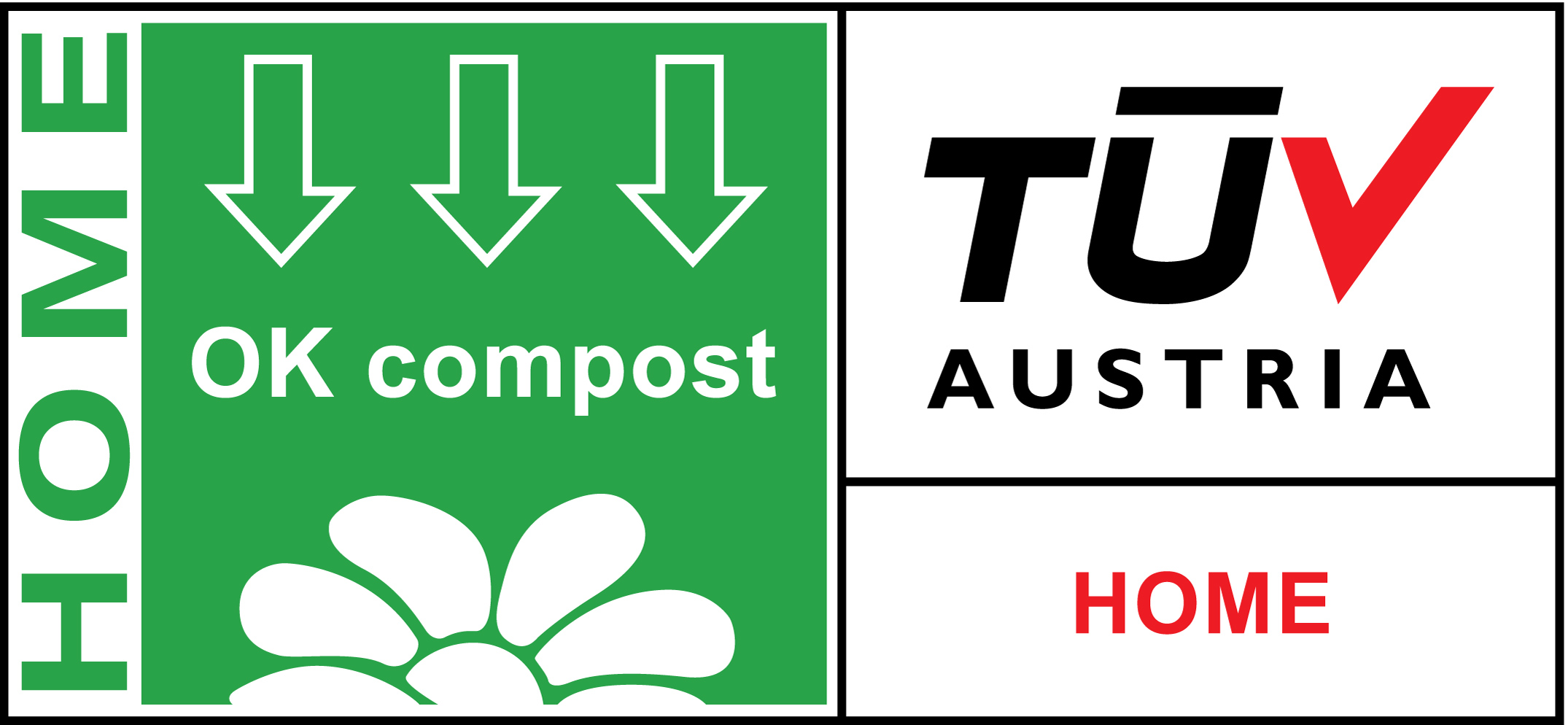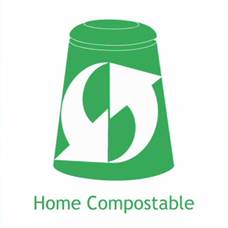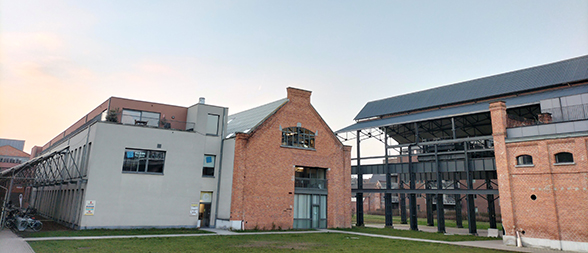Home Compostability
While the first norms on industrial compostability were already published at the turn of the century, it took 10 more years to create a norm on home compostability. Based on AS 4736, the Australian norm on industrial compostability, Australian Standards published in 2010 world’s first norm on home compostability: AS 5810.
Nevertheless, several other certification schemes were also created, of which some much sooner:
- Belgium: OK Compost Home program (TÜV AUSTRIA Belgium)
- UK: Home compostable certification scheme (Association for Organics Recycling, in cooperation with TÜV AUSTRIA Belgium)
- US (general): BioSpecs for Food Service Ware (Sustainable Biomaterials Collaborative)
- US (state of California): Senate Bill No. 567: ‘claims on home compostability are only possible if the material is OK Compost Home certified’.
As the main difference between industrial and home compostability is temperature, all certification schemes for home compostability, as well as AS 5810, are based on their industrial compostability counterparts and prescribes the same 4 essential requirements: biodegradation, disintegration, ecotoxicity and heavy metals.
 Heavy metals and plant toxicity requirements are similar to those for industrial compostability.
Heavy metals and plant toxicity requirements are similar to those for industrial compostability.
Biodegradation and disintegration however need to be performed at ambient temperature instead of at elevated temperature.
OWS is recognized by all of the below mentioned certification bureaus offering certification for home compostable materials and products and can assist in performing the necessary tests and in providing the necessary guidance for the preparation of the dossier for certification.
- Europe: TÜV AUSTRIA Belgium (OK Compost Home), DIN CERTCO (DIN-Geprüft Home compostable) and AfOR (FILM home compostable)
- Australia: ABA (Home compostable)




